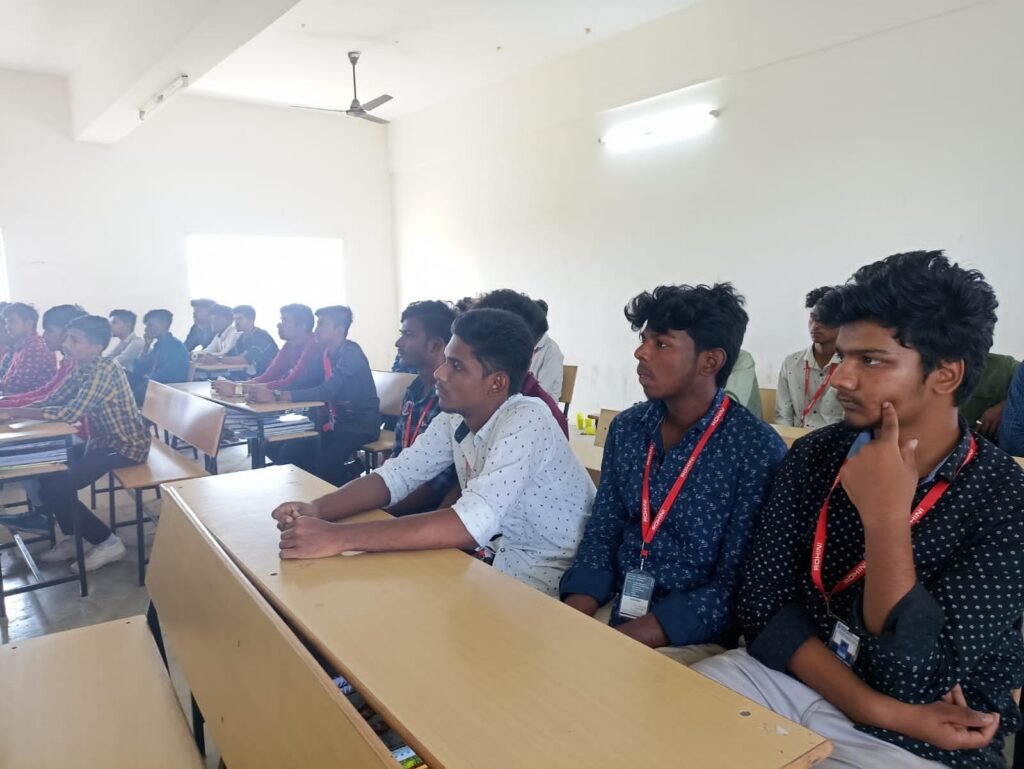On March 9th, 2023, the Department of Science and Humanities, RCET organized a dynamic hands-on training program for first-year EEE students. The training, led by Dr. N. Amutha Priya, Associate Professor, Department of Electrical and Electronics Engineering, focused Energy Auditing and MATLAB programming. The session aimed to equip students with practical skills that are highly relevant to their academic and professional endeavours.
The training program commenced with a comprehensive session on Energy Auditing, a critical practice in the field of electrical engineering. Students were introduced to the techniques used to assess energy consumption and identify opportunities for optimization. Dr. N. Amutha Priya’s expertise provided students with insights into real-world applications and the importance of energy efficiency in various industries. Energy auditing is an essential aspect of sustainable engineering, and this training not only offered students practical knowledge but also emphasized the significance of responsible energy consumption.

The second part of the training delved into MATLAB programming, a widely used tool in engineering for numerical computation, simulation, and data analysis. Through hands-on exercises, students were guided through the basics of MATLAB, enabling them to explore its capabilities in solving engineering problems and data visualization.
“MATLAB is a versatile tool that empowers engineers to analyze and solve complex problems,” shared Dr. N. Amutha Priya. “Equipping students with MATLAB skills enhances their problem-solving abilities and prepares them for the demands of the industry.”
The hands-on nature of the training encouraged students to actively participate, ask questions, and engage with the content. The combination of theoretical insights and practical exercises fostered a deeper understanding of energy auditing concepts and MATLAB programming techniques.
The training not only provided students with valuable skills but also demonstrated RCET’s commitment to providing students with practical experiences that complement their classroom learning. This training serves as a testament to our commitment to hands-on education.
As students concluded the training, they carried with them practical insights, programming skills, and a heightened awareness of energy efficiency, all of which will undoubtedly contribute to their academic growth and future success.